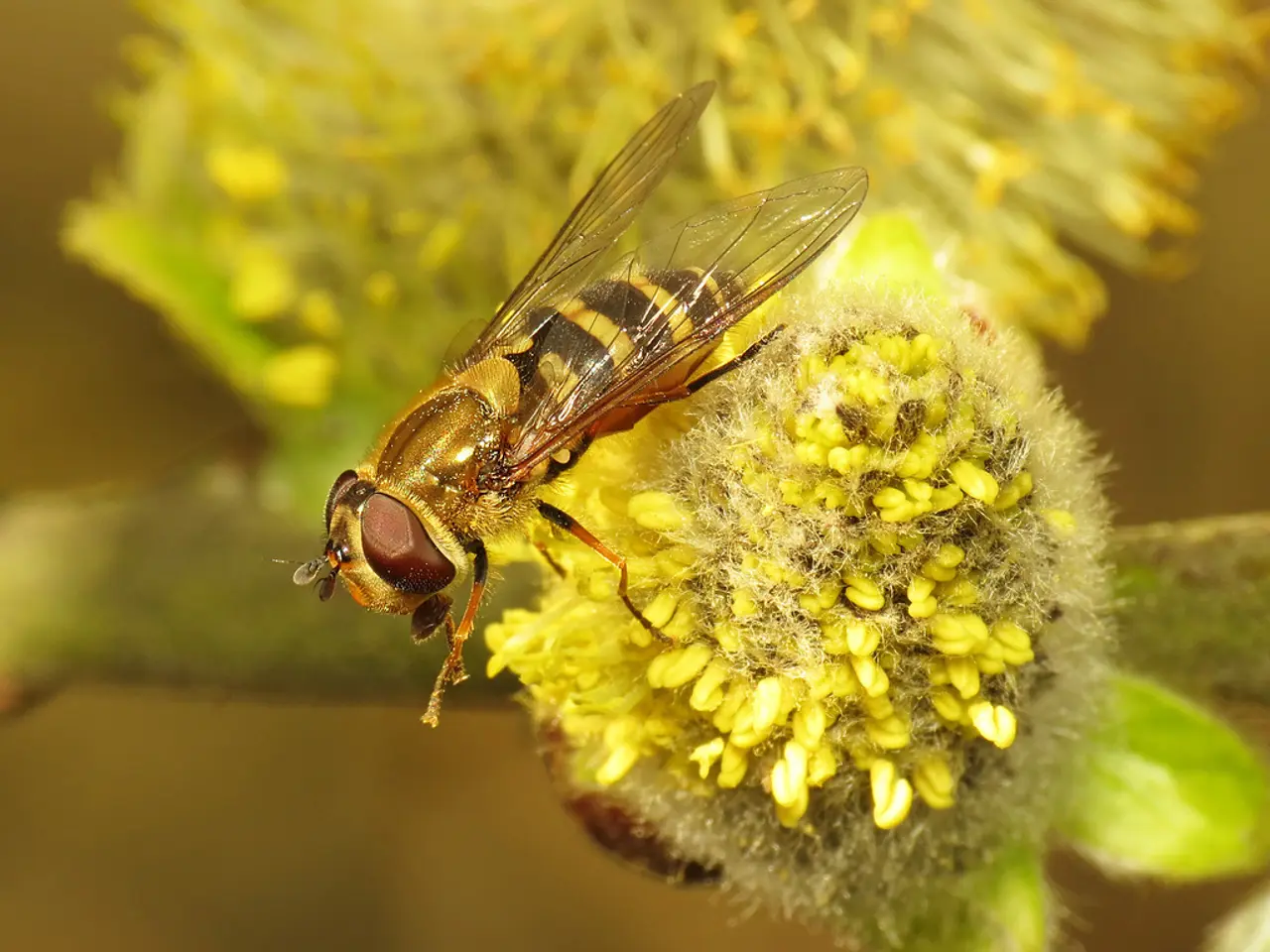Europe's Disease Spread: Investigation in Italy and France
In recent times, the Lumpy Skin Disease (LSD), a viral infection that primarily affects cattle, zebus, and buffaloes, has been spreading in Europe and Southeast Asia. Notably, this disease is harmless to humans.
The outbreak of LSD has been confirmed in France, specifically at a cattle farm in the Savoie region. To contain the spread, authorities have established a 50 km restriction zone around the incident and are executing strict movement and monitoring controls. As of now, there are no reports of LSD in Germany.
Given the confirmation of LSD in a neighbouring country and its recent presence in Italy, German authorities and the broader European animal health community are on high alert. Prevention measures include enhanced surveillance, movement restrictions, import controls, strengthened biosecurity protocols, and contingency planning.
Increased veterinary inspections and monitoring of cattle, especially near borders and in regions with high cattle movement, are essential. If the disease spreads towards Germany, authorities may implement similar movement restrictions as those enacted in France, limiting the transport of cattle within and into high-risk areas. Countries such as the UK have already suspended imports of certain bovine commodities from France to mitigate the risk.
Farmers are encouraged to strengthen biosecurity protocols to prevent insect vectors (such as flies) from spreading the virus between herds. Authorities are likely reviewing contingency plans for rapid response, including depopulation and quarantine of affected herds, should LSD be detected.
The potential consequences of an LSD outbreak are significant. Trade restrictions can lead to the closure of export markets for live cattle and certain beef products, impacting both local and international trade. The disease causes significant production losses in cattle, including reduced milk yield and increased mortality in severe cases.
LSD is highly contagious among cattle, buffalo, and zebu, causing fever and skin nodules, and can devastate herds if not quickly controlled. However, it is important to note that LSD does not pose a risk to human health or food safety.
The recent LSD cases in France and Italy serve as a reminder of the importance of early detection and consistent action in preventing the spread of the Lumpy Skin Disease virus. A comprehensive vaccination is recommended to limit the impact of LSD and other similar diseases. If there is a suspicion of LSD, the responsible veterinary office should be informed immediately to initiate a rapid examination and any necessary measures.
In conclusion, while Germany is currently not affected by LSD, the outbreak in France and its proximity have increased vigilance. Prevention is focused on surveillance, movement restrictions, and heightened biosecurity to minimize the risk of the disease spreading into Germany and to mitigate potential agricultural, economic, and trade consequences if it does.
In light of the LSD outbreak in France and its presence in surrounding regions, German authorities are intensifying prevention measures in the field of health and wellness, with a focus on enhanced surveillance, movement restrictions, and biosecurity protocols. If LSD is detected in Germany, medical-conditions related to livestock, such as the Lumpy Skin Disease, will require swift action, including potential transport restrictions, similar to those enacted in the Savoie region of France. Given the potential consequences of this viral infection on agriculture, economy, and trade, it is crucial to monitor and contain the spread of LSD, ensuring the safety and health of both livestock and humans.




